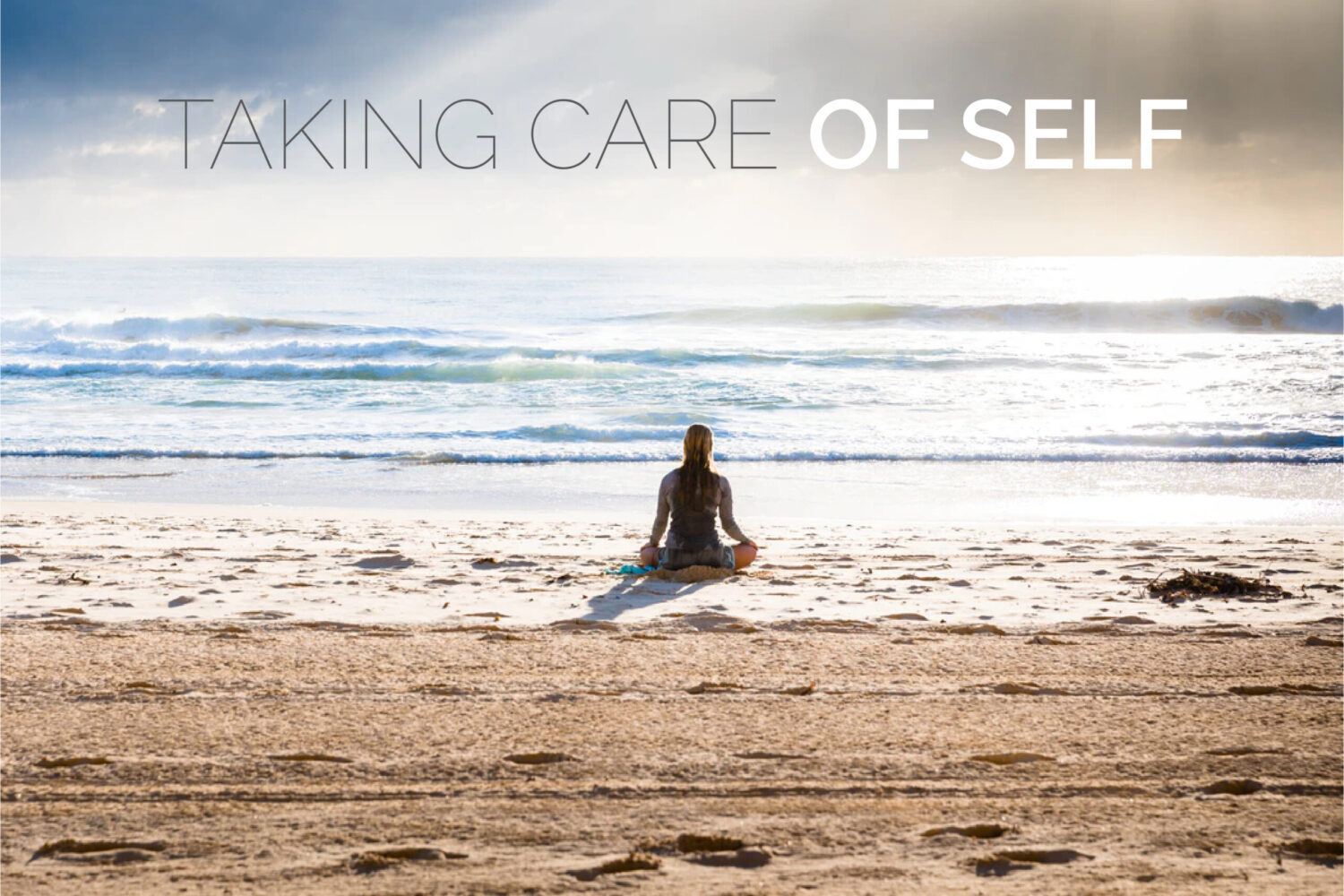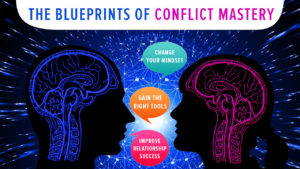According to the World Health Organization (WHO), 1 in 13 people worldwide suffer from anxiety, thus estimating over 280 million people. My clinical practice clientele has doubled over the past few months; many appearing to be at their breaking point while struggling with anxiety and panic attacks. If we consider United States only, National Institute of Mental Health (NIMH) reports that on average 19% of the U.S. adults has anxiety each year with an estimate of 31% experiencing anxiety disorder at some point in their lives.
While anxiety is considered the most common mental health disorder, there are simple practical ways to control it; whether it is managing life, finances, a partner, or family relationships, it is easy to forget priorities when uncertainty arises. One effective solution is implementing regular self-care. Let’s simplify aspects with a mnemonic. I want you to think of the word BELIEVE in a novel way. Consider what each letter stands for and start implementing these practices today!
B= Breathe and Believe
When you become anxious and start to panic, I want you to slow yourself down and breathe. Use my 5:5:10 rule to inhale and exhale. Count to 5, hold for a count of 5 and then slowly exhale by counting to 10. You will be surprised what 5 minutes of breathing can do for your entire body. Purposeful breathing slows down your heart rate and helps you to clear your chaotic thoughts. Moreover, believe in something greater than yourself. Stop taking matters into your own hands and trust that there is a higher power in control. Trust God and hand Him control of your fears and anxiety.
E= Exercise
Why is exercise one of the best forms of self-care?
According to the Mayo Clinic, if you have a desire to feel better, increase your energy level to amplify your lifespan. The health benefits of regular exercise and physical activity are impossible to ignore, regardless of age, gender or physical ability. The Mayo Clinic shares 7 ways in which exercise can help you to become healthier and happier.
1. Exercise controls weight
2. Exercise combats health conditions and diseases
3. Exercise improves your mood
4. Exercise boosts energy
5. Exercise promotes better sleep
6. Exercise can also lead to a renewed spark into your sex life
7. Exercise can be enjoyable … and social!
Physical activity can be enjoyed indoors or outdoors, as it is a fantastic way to feel energized and healthy. People ask me how I have maintained the same weight for over 20 years and my answer is always that I exercise 4 to 5 times a week regularly and eat a plant-based diet. I have workouts from 5-minutes up to 1 hour, depending on time availability. Whether I am walking outdoors, hiking on a trail, or indoors working out through YouTube videos with instructors who inspire me through aerobics, cardio or dancing, I condition myself to think that it is not an option. I view it no differently than I view eating, as a necessity for my well-being. Therefore, I find time and motivation for it. Many of us struggle with regular exercise because we wait until we feel encouraged, which truthfully seldom happens. As Nike says, ”Just do it!” The more times a week you exercise, the better it is for you and your energy level. At least 3x a week is best, starting with 5 minutes if it is difficult and work your way up.
L= Live, Love and Laugh
Live your best life today, since tomorrow is not promised to us. Love yourself and others, and stay connected as much possible. Laugh at the uniqueness of life and even at yourself. Watch clips on YouTube of one of your favorite comedians. Remember, laughter is delightful for the soul.
I =I am in control of my thoughts and actions
When you feel like your thoughts are spiraling out of control, ask yourself these 5 questions:
1. Am I worrying about a fact or is this an assumption?
2. Is this my perception or reality?
3. What purpose is this serving?
4. What am I getting out of this?
5. How is this helping or hurting me?
By the time you answer the 5th question, you will notice that you have already redirected yourself to rationale!
E=Every opportunity you get, give thanks
Maintain an attitude of gratitude. We will not be pleased with everything that happens to us, but there is ALWAYS something to be thankful for. It just depends on your perspective. For example, I teach in Los Angeles a few days a week, which is almost 60 miles from where I reside. It can easily take double the time in traffic, which is usually a hassle. While COVID-19 is certainly an unpleasant surprise, it has afforded me the opportunity to work from home and be spared from LA traffic, thus giving my body and mind plenty of rest. Remember, it is all about your perspective. There is good in almost any situation, depending on perception. Secondly, the brain cannot process negative and positive thoughts simultaneously. Since one will dominate the other, why not let thankfulness dominate your worrisome thoughts?
V=Visualization
Did you know that your brain cannot decipher between visualization and reality? Have you ever woken up screaming and sweating from a nightmare? Your brain caused you to believe that it was real, which is the power of visualization. When we close our eyes and visualize positive memories or future aspirations, we provide our body with a psychological response of pretending to visualize it as the present. Take a moment to close your eyes. Visualize your blissful place or a cheerful moment, and think about how it makes you feel. This is a simple technique to distract yourself from any negative situation.
E=Even the birds of the air do not worry, why should we?
God reminds us not to worry, hence, we need to let go and allow His help. The birds of the air do not plan their meals, yet God makes sure they are fed. Why waste another precious moment worrying about things we have no control over? Self- care is sabotaged when we worry. So ask the question again, why should we worry? We shouldn’t! When you find yourself worrying about a loved one or a personal decision, take a moment to reach out to your loved one to let them know you were thinking of them, or run your decision by someone wise to see if you are overreacting. Such steps can be monumental in the long run.
In closing, self-care is critical for survival. Do something daily to take care of yourself no matter how immense or trivial. Avoid basing your actions on emotions; remind yourself that you are worth it and that you can only be helpful to others when you are at your best. Plan and start with areas in BELIEVE that are easiest and work your way up. Start taking care of the most important person: YOU. Believe in a higher power, breathe, be perseverant, stay in control of your thoughts and be thankful. Learn to visualize your best life and remind yourself if the birds of the air do not worry, why should we? As Bobby McFerrin famously sang, “Don’t worry, be happy.”



